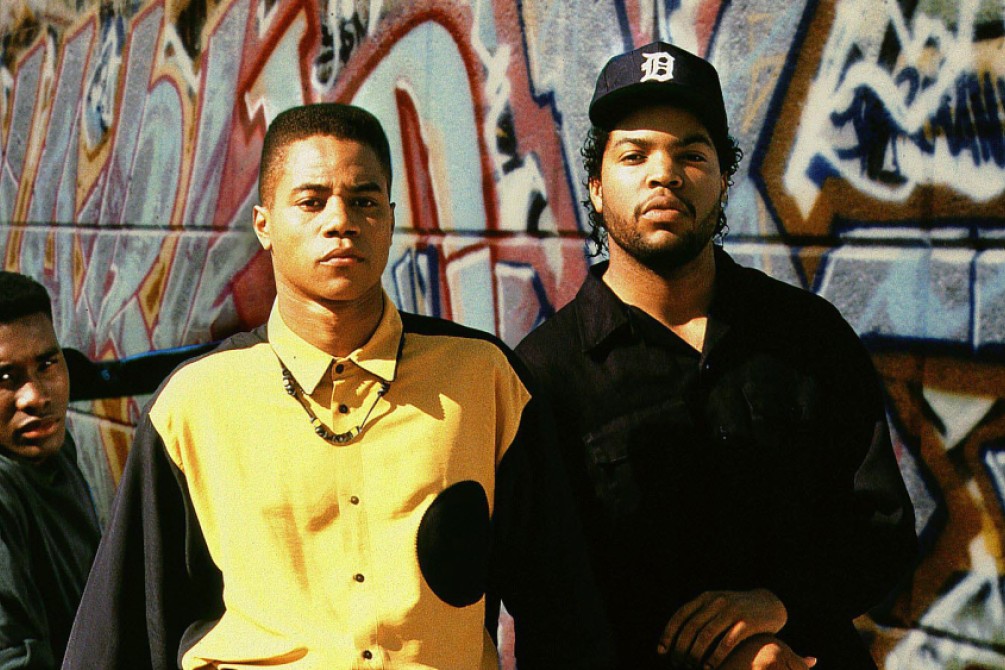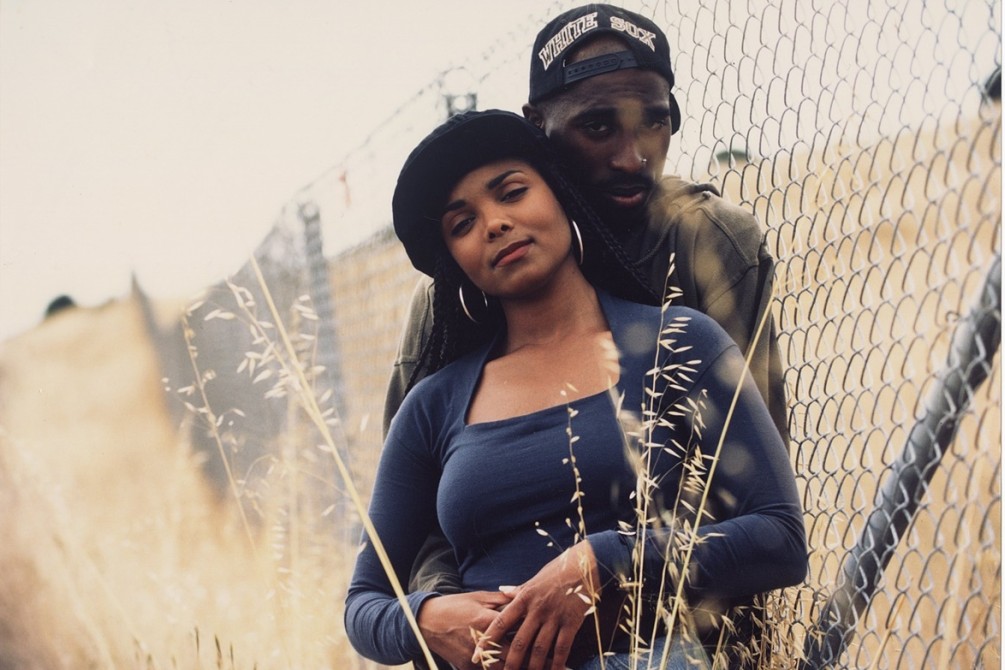
The Music Box pays tribute to the groundbreaking director with a trio of his most powerful, personal films.
***Watch the Original Trailer by Mike Perry***
Previously in this Series



The Music Box pays tribute to the groundbreaking director with a trio of his most powerful, personal films.
***Watch the Original Trailer by Mike Perry***

